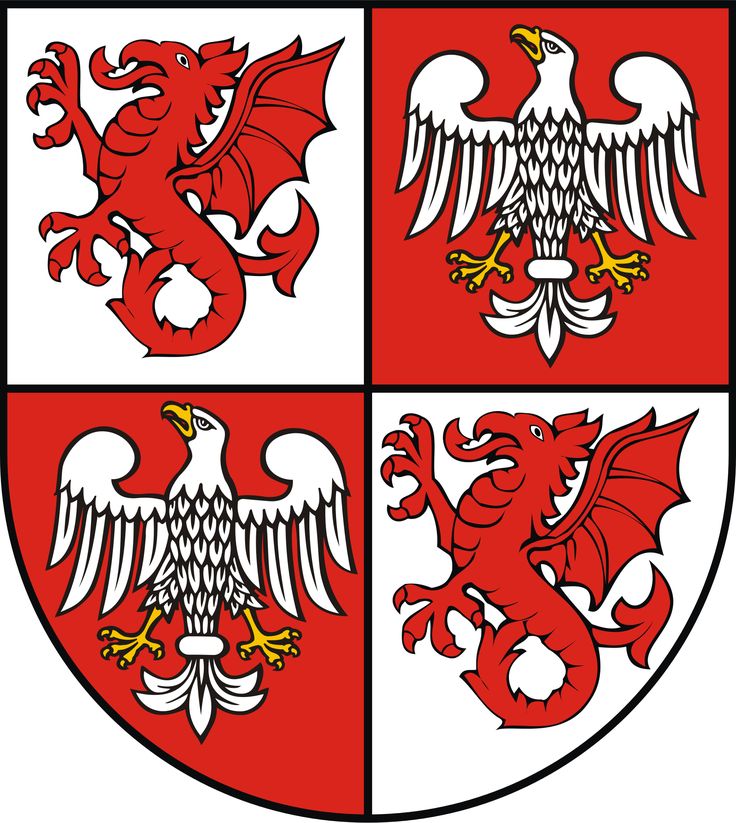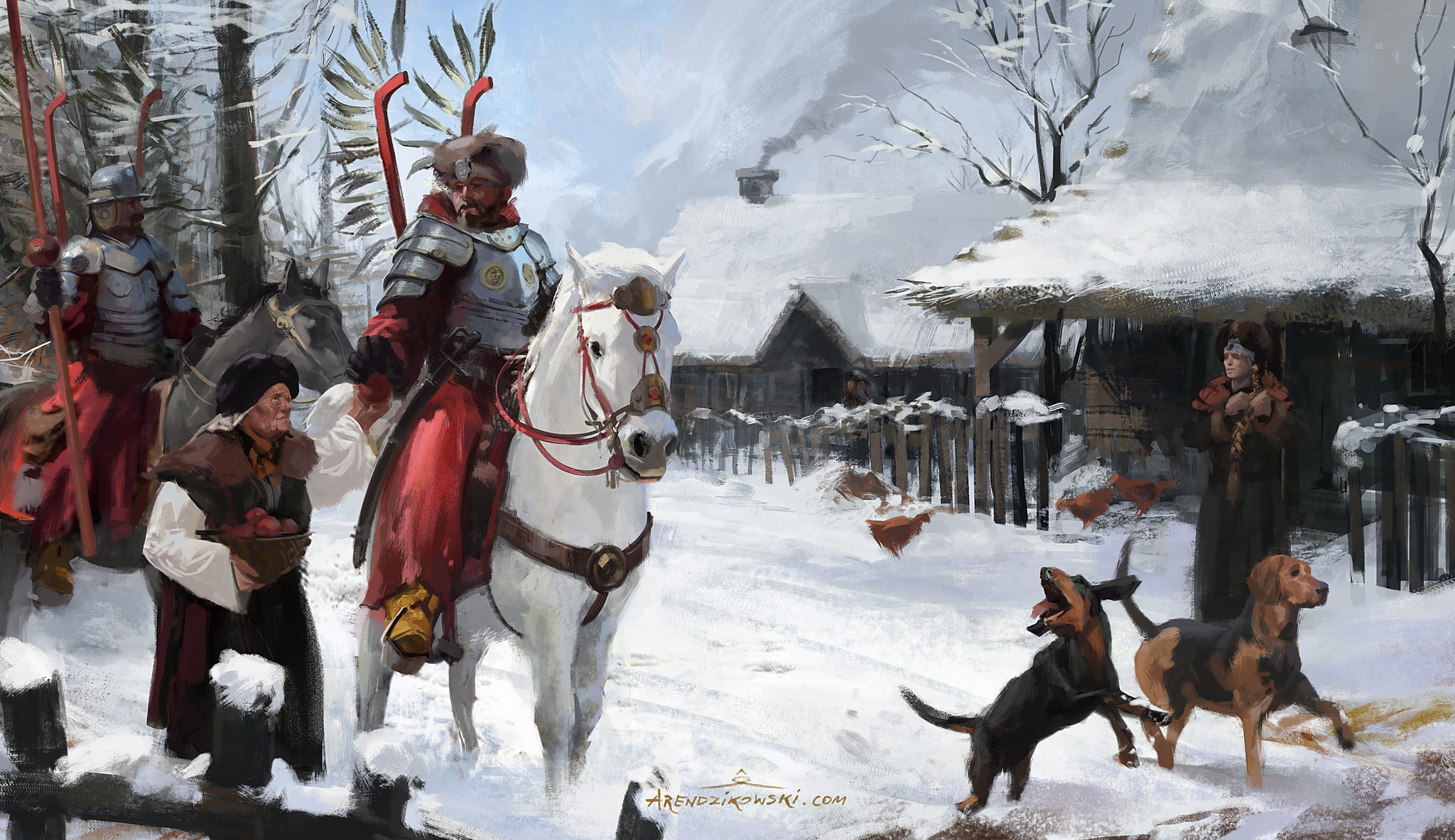Bolsilva
Structure
Bolsilva ia an elective monarchy, with a king being elected from high ranking officials and nobles within the land to become ruler of the land. Such elections used to run until the death of the ruler, but due to some civil wars that broke out due to the ruler being a long-lived species such as elves and the like, elections happen either till death or the maximum limit of the king's term is reached, which is 200 years. Under him are the many nobles, counts, and barons that rule the lands and fiefdoms. The nobility is commonly referred to as the szlachta, and any from this line are expected to be treated with hospitality.
Culture
Even when trying to identidy and describe the ethnic groups of Ustaria, Bolsilva itself is a generalization of the land. The large open fields and steppe of Bolsilva house various ethnic groups from the steppe nomads that would settle down into cities, and some even still wander the plains to this day. The land is considered the melting pot of Ustaria even more so than the nation already is. With their direct neighbhors being the nation of Vebastonne, vestoni architectural styles are not hard to find within Bolsilva. Even the often reviled northmen of Aldinnheimr can sometimes be found working as mercenaries or even seemingly peaceful jobs in the land. Of course, one would be foolish to forget the winter elves, the elk horned elven kin who long ago traveled to Ustaria and primarily made Bolsilva their home, integrating with the tribesman at the time and growing with them. Such as it is, much of the aristocracy and noble families are winter elves, or at least have some of the blood running in them.
While they are famous for their horses and warriors, the Bolsilvans are a people of philosophy, with many of the more famous philosophers of the Nilush Continent hailing from Bolsilva. Some say that it is because the Bolsilvans are a naturally curious people, for who else would follow the heralding symbol of eagle and drake as a sign to build a castle? One curious thing of note is that while religion was always in the lands of Bolsilva, it seems as if for most of their history the Bolsilvans were not highly religious like many early tribesmen. They were a people of the now, of the mortal world, and the gods were but distant parents they need heed to occasionally. While some saw this as unbelief, in truth they are as religious as any other place, just not as many churches as say Ashenfeld. This only makes the coming of the Church of the Flame more strange and unheard of for the Bolsilvans, who now hear the dirgeing of chanting choirs and monks.
Some scoff at Bolsilva for being full of hot headed, arrogant, and prissy noble folk, but to some degree they have gained this outlook through years of bloodshed. Even after the Ustarian Empire was formed, Bolsilva has fought in many a bloody civil war that would see their land torn asunder and reformed from ash and fire. They have fought themselves as much as they have fought great hordes of beasts and raiders, and no warrior among their army is as feared as the Winged Lancer cavalry. Many are also winter elves who ritualistically shave off their antlers as shows of devotion, and all men and women in the cavalry wear great winged banners on their back and upon their horse. These banners are said to be infused with the magic of the land itself, and embody the fury of the land as when charging and with wind blowing into them, they release a horrifying screaming sound. The sound of hundreds if not thousands of these banners wailing and screaming at once has been enough to cause lines to collapse in front of their spears. Due to the general wealth Bolsilva generates from its many trade lanes and noble lineages, these riders are always very well-equipped and are honored as brave sons and daughters of their motherland.
Aside from war and discussion, it is said music is important to the Bolsilvan way of life. Great works and symphonies can be heard throughout the lands, the wind carrying the songs across the steppes. Many Bolsilvans can remember a song from their childhood by heart, and this is said to comfort them even if they are forced to be far away from home. This often happens, as the Bolsilvans are a quite regularly place to attract adventurers from. Many youths of Bolsilva dream of the romantic images of galloping across the steppe to fight for coin and glory. Of course the land is dangerous, and so many still are aware of the risks that this entails, though it does little to dissuade the enthusiastic youth.
History
Even admist the cold weather of Ustaria, the land is still home to beautiful fields and green steppe where the horses may roam wild and free, and the Bolsilvans are some of the most well known steppe riders in the continent. Much of the folklore of Bolsilva has been lost to time, but some still remains. While the Rustil hold that the hags led them to the land of Ustaria, the Bolsilvans are believed to be split off from the tribes to imitate the horse lords of the Vestoni (later Vebastonne). The first Bolsilvans were known as the Boligern Tribes, and they would in time come to inhabit the land around them as steppe nomads.
However, they would begin settling down early on, for it is said during their travels they once looked up and saw a great white eagle and a red dragon stretch themselves in front of the sun, casting a powerful figure across the land. As the people began to settle, it is said that a great and terrible warlord infused with the power of demons roamed around the land, named Karol the Murderer. He is said to have been a ruthless pillager with a small horde of warriors following him, and was able to breathe fire after eating the flesh of a dragon. However, such a terrible figure would be eventually bested by a great steppe warlord known as Bogumir who was said to have been led to a strange stone that was the weakness of this tribal by strange water nymphs and eagles.
Bogumir was able to unite the tribes under the banner of eagle and dragon, calling it the land of Bolsilva, and became its first king. However, it is said that a jealous witch cursed them, this being the lover of the evil Karkol, to cease to be and their bones to become dust. However, it was discovered a strange fey like area atop a great mountain known as The Shrouded Peak was said to help prevent this curse from taking effect, if the people slept there forevermore. So it was that Bogumir elected his successor, and took him and his knights with him to enter this fey area and sleep for the rest of time, said to only return when Bolsilva is suffering from the evil to end all evils. However, with this, the great kingdom of Bolsilva was formed, being one of the largest nations in Ustaria before the great coming of demons and darkness.
When the great tear did form and demons poured forth, it was Bolsilva that first fought back, it was Bolsilvan blood that was first spilled as brave Winged Lancers rode forth with spear and saber. While they were effective in their war against the demons, Bolsilva was forced to fight more and more on the defensive, limiting the use of their cavalry. It is only when general Mieszko Ziomek met with the lich woman of Rustil, that they were able to drive off demons from Bolsilva and Rustil, and then link up and unite the other kingdoms of Ustaria to push the demons back to the tear, and then ultimately close it. Bolsilva paid some of the heaviest prices in this 5 year long war, with many sons and daughters now lying dead in the ash choked fields, but victory was at least achieved. With the gods reorganizing, the kingdoms did as well, forming the Ustarian Empire and the Summer and Winter Courts. Bosilva would join as a Summer Court, and would host a grand feast with their Rustil companions to celebrate the occasion.
Such wonderful times seem like but distant memories. Ever since that dreaded war, and the War of Bitter Cold in Rustil lands, tensions have only continued to become more strained across the empire. What's worse, with the Church of the Flame now spreading more into Ustarian lands, Bolsilva now faces the possibility of conversion. While not all of Bolsilva is pushing for conversion to the Church of the Flame, such a minority is growing with each day. Many are unsure of what this will mean for the cultural history of Bolsilva, and relations with their neighbors the Rusti, but regardless of the outcome, Bolsilvan men and women will strive to work toward a better future for their children, and their children's children.
Foreign Relations
"The wind blowing against my wings, the thunder of hooves, and the bellows of my brothers and sisters as we ride down vile monsters, goblins, and demons, i tell you my son there is no moment more magical than that. Not even meeting the gods could compare." - Witold Ogórek, Bolsilvan Winged Lancer
"Next time i see one of those prissy bird fuckers come into my tavern, ill set their record straight with my babushkas blunderbuss" - Yegor Shlykov, Rustil tavern owner
"They do not heed the call of the blood mother, and are weak and feable when out of field, relying upon stone buildings to cower in when it is dark. However, upon the field of war, upon the salt steppes, we know to respect them as strong adversaries, and worthy sacrifices." - Aksit Akbay, Ishkari warrior
While the Bolsilvans can be uppity, prideful, and almost naively patriotic, no heart beats truer than theres. Not even a mighty bear could compare to the roar of a Bolsilvan, for they love family and value it more than any other creed or oath that could exist. For this, the Bolsilvans are known as some of the best warriors available to the Ustarian Empire, and are regurarly seen as the premire shock calvary of the land, second only to the foreign knights of Vebastonne. Aside from this of course, they are known for their strong liquors, which make for intresting discussions on philosophy when drinking spirts that could drop a dwarf dead.
Type
Geopolitical, Province
Demonym
Bolsilvian
Government System
Monarchy, Elective
Parent Organization
Location


